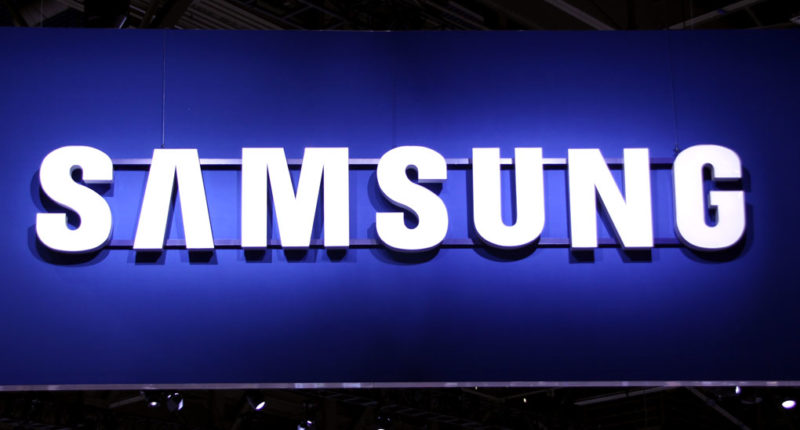Samsung, after presenting a strong show in its third-quarter earnings, expects profits to go down in Q4 2020 as demand for server chips weakens and more competition arises in the smartphone market. However, the company said that the decline would only last in the fourth quarter and starting next year, a recovery in the smartphone and chip markets is imminent.
Ben Suh, Samsung’s executive vice president of investor relations, said “Global demand is forecast to increase year on year, but uncertainties are unlikely to ease given the possibility of additional waves of the pandemic.”
The company cited the effects of COVID-19 and the US-China trade war as reasons for expected disappointment in the fourth quarter. But once the next year kicks in, Samsung says there will be a gradual recovery in the smartphone market and an increase in demand for mobile chips and DRAM chips.
Samsung, regarding its outlook for Q4, said, “[Mobile] Profitability to decline due to weaker sales Q-Q due to waning new model effects for flagships, intensifying competition related to new model launches, and growing marketing expenses in peak season. Server demand to stay soft due to inventory adjustments at customers despite solid mobile demand related to launches of new smartphone models.”
In its Q3 earnings report, Samsung reported overall earnings of 66.96 trillion won, up from 62 trillion won in the same period last year. The company recorded an earning per share of 1364 won, which is also up significantly from 899 won last year. Overall operating profits in Q3 stand at 12.35 trillion won, up from 7.78 trillion won a year earlier.
Out of the overall sales, Samsung’s IT & Mobile Communications business unit, which includes smartphones and 5G networking, contributed the most sales out of all. Its semiconductor and display business follows in second as per sales in the Q3, and Consumer electronics business which includes TVs reported the least sales of all, but still up from Q3 2019.
Huawei’s exit from the US shows signs of benefit for Samsung as the company reported larger profit shares. The smartphone business unit reported operating profits worth 4.45 trillion won in Q3, with a 1.54 trillion won year over year growth. Smartphone sales, which contribute the most to Samsung’s overall sales, has increased 51% on a quarterly basis.
Whereas, the chip business reported sales of 18.80 trillion won in Q3, increased 7% year over year, and operating profits of 5.54 trillion won, up 82% from a year earlier.
The company’s outlook for 2021 reads, “[Memory] Business environment highly likely to recover in 1H21 with the introduction of new server CPUs amid strong mobile set demand and continued growth of 5G”. It added, “[Mobile] Expand sales by further differentiating flagship line-up by reinforcing the competitiveness of foldable phones to increase their popularity; and by strengthening 5G lineup for the mass market.
Park Sung-soon, an analyst at Cape Investment & Securities, said, “With Huawei’s presence becoming fainter in the smartphone market, Samsung’s marketing costs are expected to be higher in the current quarter as Apple, Vivo, Xiaomi and Samsung try to take over Huawei’s market share.”
The Tech Portal is published by Blue Box Media Private Limited. Our investors have no influence over our reporting. Read our full Ownership and Funding Disclosure →






